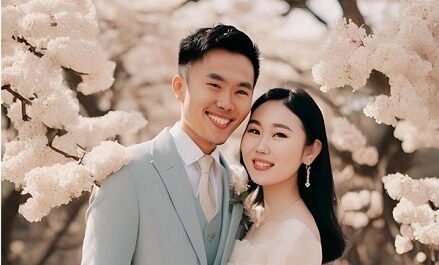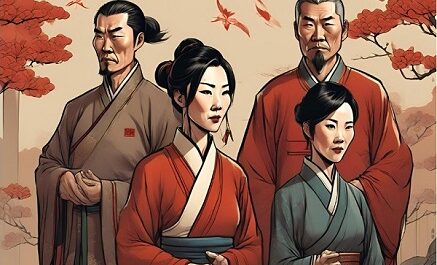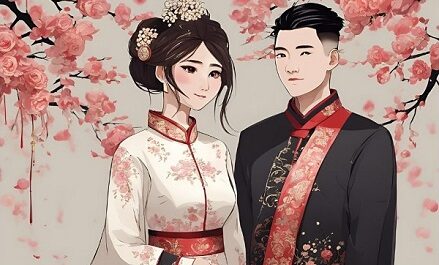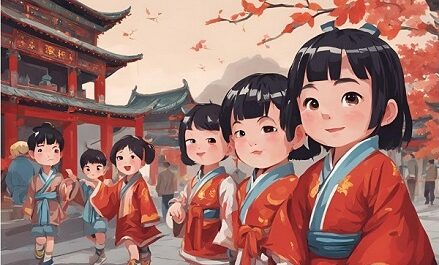Learn Chinese Idiom with Pinyin and English
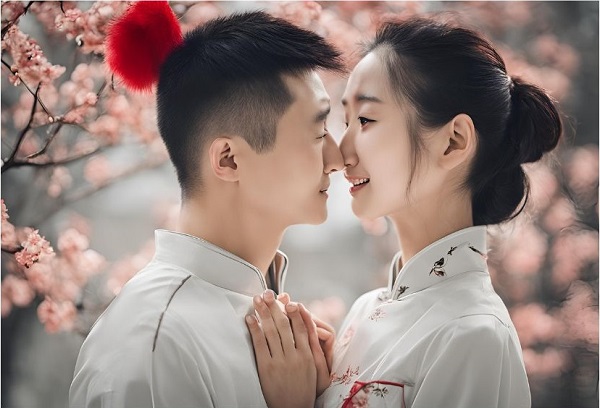
- Idiom in Chinese-儿女之情。
- Pinyin of Idiom– ér nǚ zhī qíng.
- Idiom’s Meaning in English– This idiom refers to the tender and affectionate feelings between a man and a woman, especially those related to love and romance. It often describes the deep emotional bond and sentimentality shared by lovers.
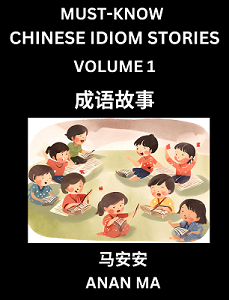
Chinese Idiom Stories Books (HSK All Levels):
- Books to Learn Chinese Idiom Stories (Part 1)
- Books to Learn Chinese Idiom Stories (Part 2)
- Books to Learn Chinese Idiom Stories (Part 3)
Learn Chinese Idiom Story in English (成语故事的英文)
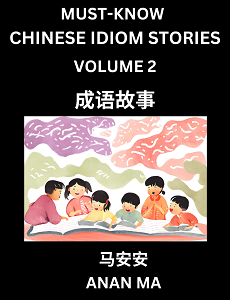
The idiom “er nǚ zhī qíng” originates from ancient Chinese literary works, describing the profound affection between a man and a woman. It is said that in ancient times, there was a pair of young man and woman who grew up together like childhood sweethearts. They developed deep feelings for each other. However, due to various reasons, they were unable to marry as they wished. Despite being separated by a distance, their hearts remained attached to each other, and their affection for each other never changed. Every time the night was quiet and peaceful, they would gaze at the stars, missing each other, and longing for the day they could reunite.
Learn Idiom Story in Chinese (成语故事)
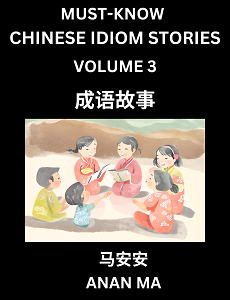
儿女之情这个成语源自古代文学作品,用以形容男女之间深厚的情感。相传,在古代有一对青年男女,他们青梅竹马,一同长大,彼此间产生了深厚的感情。然而,由于种种原因,他们未能如愿以偿地结为夫妻。尽管分隔两地,他们的心中却始终牵挂着对方,那份儿女之情始终未变。每当夜深人静时,他们都会仰望星空,思念着彼此,期盼着有一天能够重逢。
Learn Keywords with English, Simplified Chinese Characters, and Pinyin (关键词)
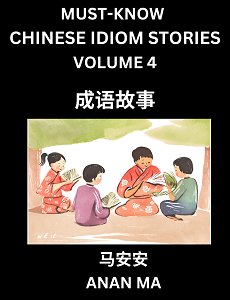
- 青梅竹马 qīng méi zhú mǎ: to grow up together like childhood sweethearts
- 分隔两地 fēn gé liǎng dì: to be separated by a distance
- 儿女之情 ér nǚ zhī qíng: affectionate feelings between a man and a woman
- 重逢 chóng féng: to meet again after a long separation
Pinyin of Idiom Story (故事的拼音)
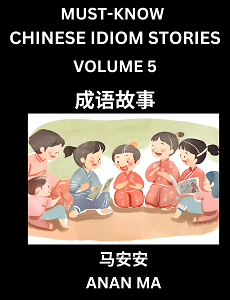
Érnǚ zhī qíng zhège chéngyǔ yuán zì gǔdài wénxué zuòpǐn, yòng yǐ xíngróng nánnǚ zhī jiān shēnhòu de qínggǎn. Xiāngchuán, zài gǔdài yǒuyī duì qīngnián nánnǚ, tāmen qīngméizhúmǎ, yītóng zhǎng dà, bǐcǐ jiān chǎnshēngle shēnhòu de gǎnqíng. Rán’ér, yóuyú zhǒngzhǒng yuányīn, tāmen wèi néng rúyuànyǐcháng de jié wéi fūqī. Jǐnguǎn fēngé liǎng de, tāmen de xīnzhōng què shǐzhōng qiānguàzhe duìfāng, nà fèn er nǚ zhī qíng shǐzhōng wèi biàn. Měi dàng yèshēnrénjìng shí, tāmen dūhuì yǎngwàng xīngkōng, sīniànzhe bǐcǐ, qī pànzhe yǒu yītiān nénggòu chóngféng.
